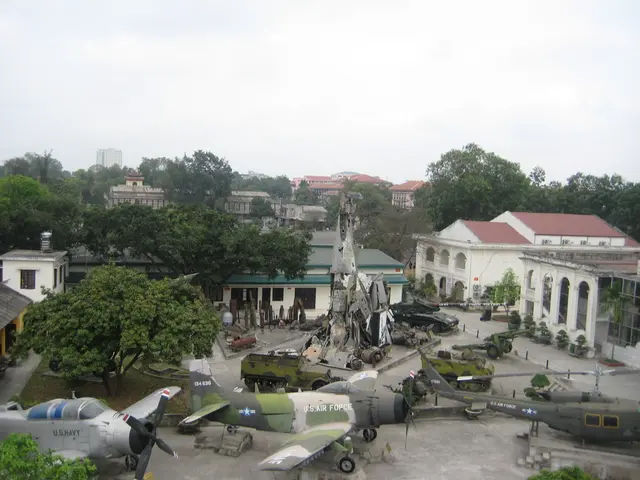Paris Olympics 2024: AI Surveillance's Growing Role and Privacy Concerns
The Paris Olympics, held in 2024, marked a significant milestone in the increasing use of AI surveillance in public life. France enacted Law No. 2023-380, allowing extensive experimentation with intelligent video surveillance during the event. Neuroscience research reveals that partisan differences are linked to variations in brain activation when exposed to political events and surveillance contexts.
The Olympics saw an unprecedented deployment of AI-driven surveillance technology, with around 300 AI cameras scanning spectators and athletes. These systems collect and analyze data such as real-time identification, detection of loitering, movement patterns, and behaviors of objects to identify potential threats. They also analyze anomalies to predict risks and hazards early. This includes monitoring driver behavior and external traffic events in vehicle contexts.
The heightened security response at the Paris Olympics was driven by previous tragic events like the 1972 Munich Games and the 1996 Atlanta Olympics, as well as 9/11. However, the use of AI-powered surveillance raises concerns about privacy and legality. There is little transparency on how data is collected, stored, or used, and who can access it. Exposure to terrorism can increase support for state surveillance but also fuel negative emotions towards it. In a recent incident, Hamas exploited hacked security cameras during a terrorist attack in Israel, demonstrating the double-edged nature of surveillance technology.
The Paris Olympics underscored the growing intrusion of AI surveillance into public life. While it aims to enhance security, it also raises critical questions about privacy, legality, and public perception. As nations double down on video surveillance, it is crucial to address these concerns and ensure transparency in data handling.







